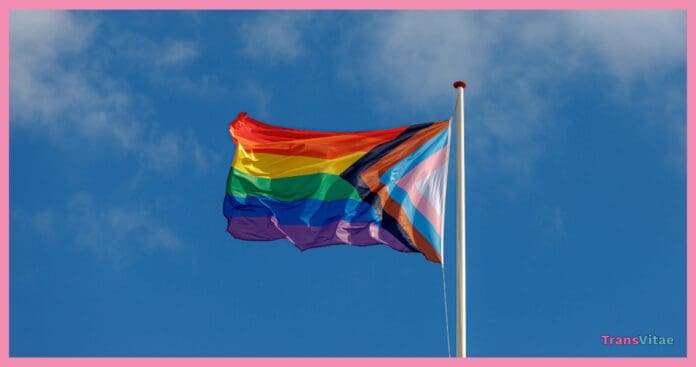A new group calling itself LGB International has emerged on the global stage, positioning itself as a coalition for lesbian, gay, and bisexual rights. Leaders of the alliance argue that the movement for same-sex equality has been overshadowed by debates over gender identity, and they want to refocus on what they call “core rights” for gay and lesbian people. The initiative has drawn support from organizations in several countries, including the UK, the United States, Australia, Taiwan, and Bulgaria.
The project is being framed by its founders as a return to basics, emphasizing issues such as decriminalization of homosexuality and recognition of same-sex partnerships. They contend that broader LGBTQ+ organizations have become too preoccupied with questions of gender, particularly around recognition of transgender people and access to gender-affirming care. In their view, this shift has left the rights of same-sex attracted people diluted and sidelined.
Critics, however, see the coalition in a very different light. To many human rights organizations and trans advocates, LGB International represents not a revival of equal rights but an effort to roll them back. The group’s language closely mirrors that of the UK’s LGB Alliance, which has long been accused of using a “gender critical” stance to exclude transgender people from the LGBTQ+ umbrella. By insisting on a separation between sexual orientation and gender identity, opponents say the coalition is not simply narrowing its focus but actively undermining solidarity at a time when unity is most needed.
Transgender rights groups have already voiced alarm about what this new alliance could mean. They point out that the talking points promoted by LGB International are strikingly similar to those advanced by far-right networks and socially conservative faith movements. The emphasis on “protecting sex-based rights” and skepticism of gender identity is seen by many as part of a broader strategy to create division within queer communities and weaken political power. Advocates warn that if this approach gains traction, the consequences could be severe, particularly for trans people’s access to health care, legal recognition, and safe community spaces.
The backlash has been swift. LGBTQ+ organizations across Europe and beyond have condemned the alliance as exclusionary and regressive. One trans support group described it as “a retrogressive step” designed to fracture communities that have fought together for decades. For them, the creation of LGB International is not simply a matter of disagreement over priorities but a direct attack on the inclusion of transgender people as equal members of the LGBTQ+ family.
What makes this conflict especially painful is that the rights of lesbian, gay, bisexual, and transgender people are deeply intertwined. The same systems of law and culture that once criminalized same-sex love are those that still deny trans people recognition and care. Attempts to separate these struggles ignore the reality that many individuals live at the intersection of sexuality and gender identity. Equality cannot be parceled out to some while withheld from others.
The launch of LGB International highlights a growing fracture within global queer politics, but it also underscores the urgency of recommitting to solidarity. As opponents of equality seek to exploit divisions, the responsibility for activists and allies is to hold the line on inclusion. Trans rights are not a distraction from gay and lesbian rights, and trans people are not outsiders in the movement. The fight for dignity must remain a collective one, because only by standing together can all LGBTQ+ people hope to achieve lasting freedom and safety.


